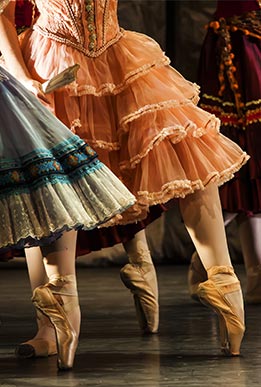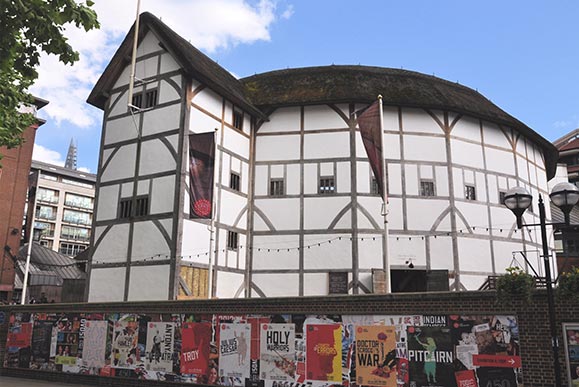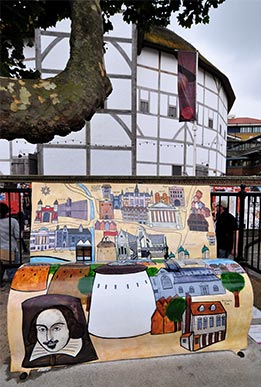
Old Bailey — London’s Icon of Law and Justice
Discover the Historic Central Criminal Court and Its Famous Façade Old Bailey, London EC4M 7EH
Specification
A Landmark of British Justice
Standing proudly on Old Bailey Street, the Central Criminal Court of England and Wales — better known as the Old Bailey — is one of London’s most distinguished public buildings.
Its grand Edwardian façade, crowned by the gilded statue of Lady Justice, has become a lasting symbol of fairness and authority in British law.
Behind its walls, some of the most significant trials in history have shaped the nation’s understanding of justice.
From Newgate Prison to Modern Court
The Old Bailey stands on the site of the notorious Newgate Prison, first built in the 12th century.
The current courthouse was opened in 1907, designed by architect Edward William Mountford, who also created the distinctive domed roof and classical portico.
The building’s exterior reflects Edwardian Baroque style — bold, symmetrical, and richly detailed — intended to convey both dignity and strength.
Inside, courtrooms and corridors continue this grandeur with marble walls, oak panelling, and domed ceilings.
Exploring the Old Bailey Façade
1. The Statue of Lady Justice
Atop the 67-metre dome stands the famous statue of Lady Justice, holding a sword in one hand and scales in the other.
Unlike most depictions, she is not blindfolded — symbolising that justice should be delivered with clarity as well as fairness.
Her gilded figure shines above the city, visible from miles away, representing the impartiality of the law.
2. Architectural Details
The façade combines classical columns, carved stone figures, and grand arches.
Its entrance faces Old Bailey Street, where thousands have gathered through the centuries to witness justice served.
In addition, inscriptions on the building remind visitors of the principles of truth, fairness, and equality that guide the British legal system.
3. Trials and Legacy
The Old Bailey has hosted many of the nation’s most famous trials — from Oscar Wilde and Dr Crippen to the Kray Twins.
Modern cases continue to be heard here, making it both a working courthouse and a monument to evolving justice.
Therefore, the building bridges the past and present — a living institution in the heart of the city.
Learn more at the City of London official website
A Symbol of Fairness and Authority
The Old Bailey represents the rule of law at its highest level.
Its architecture reflects the values it upholds — balance, integrity, and transparency.
Furthermore, its presence beside historic St Paul’s Cathedral creates a striking contrast between spiritual and civic power, both shaping London’s identity.
Visiting the Old Bailey
How to Get There
Address: Old Bailey, London EC4M 7EH
By Tube: St Paul’s (Central Line) — 5 minutes.
By Train: City Thameslink Station — 3 minutes.
By Bus: Routes 8, 25, 56, 100 stop nearby.
Public Access
Court sessions are open to the public on weekdays, except during high-security cases. Entry is free but subject to screening.
Facilities
Public galleries for trials
Nearby cafés and rest areas
Step-free access via the main entrance
Nearby Attractions
St Bartholomew-the-Great: London’s oldest surviving parish church.
Smithfield Market: Historic Victorian meat market.
Museum of London: Roman to modern London history.
St Paul’s Cathedral: Christopher Wren’s architectural masterpiece.
Together, they form the Justice and Faith Trail.
Why Visit the Old Bailey?
The Old Bailey is more than a courthouse — it’s a monument to Britain’s enduring legal tradition.
Its grand façade and statue of Lady Justice capture the ideals that have shaped law for centuries.
Whether viewed from the street or explored through a public trial, the building stands as a powerful reminder that justice remains at the heart of the nation.
It’s not just architecture — it’s the face of British justice itself.






No Reviews